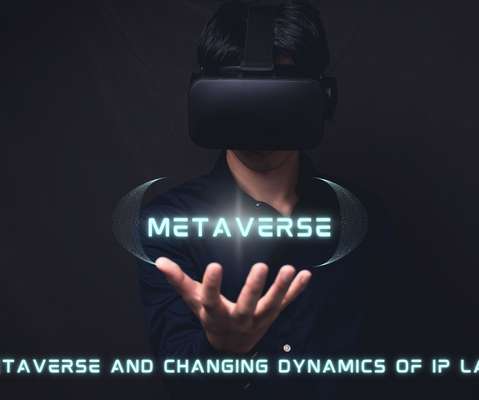Government Gets the Law Wrong as it Finally Makes the Case Why it is Rejecting the Bill C-11 User Content Regulation Fix
Michael Geist
APRIL 20, 2023
When they make money from these activities, social media companies must be obliged to reinvest in our creators and into local content creation. The specific use case: The amendment could also fail to achieve its own stated purpose to capture commercial sound recordings broadcast by social media platforms.











Let's personalize your content